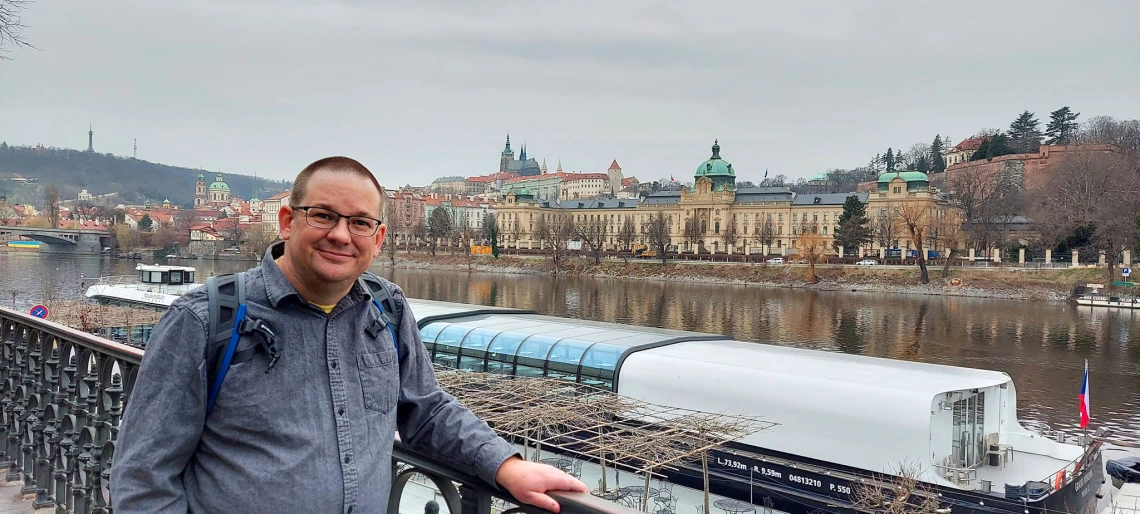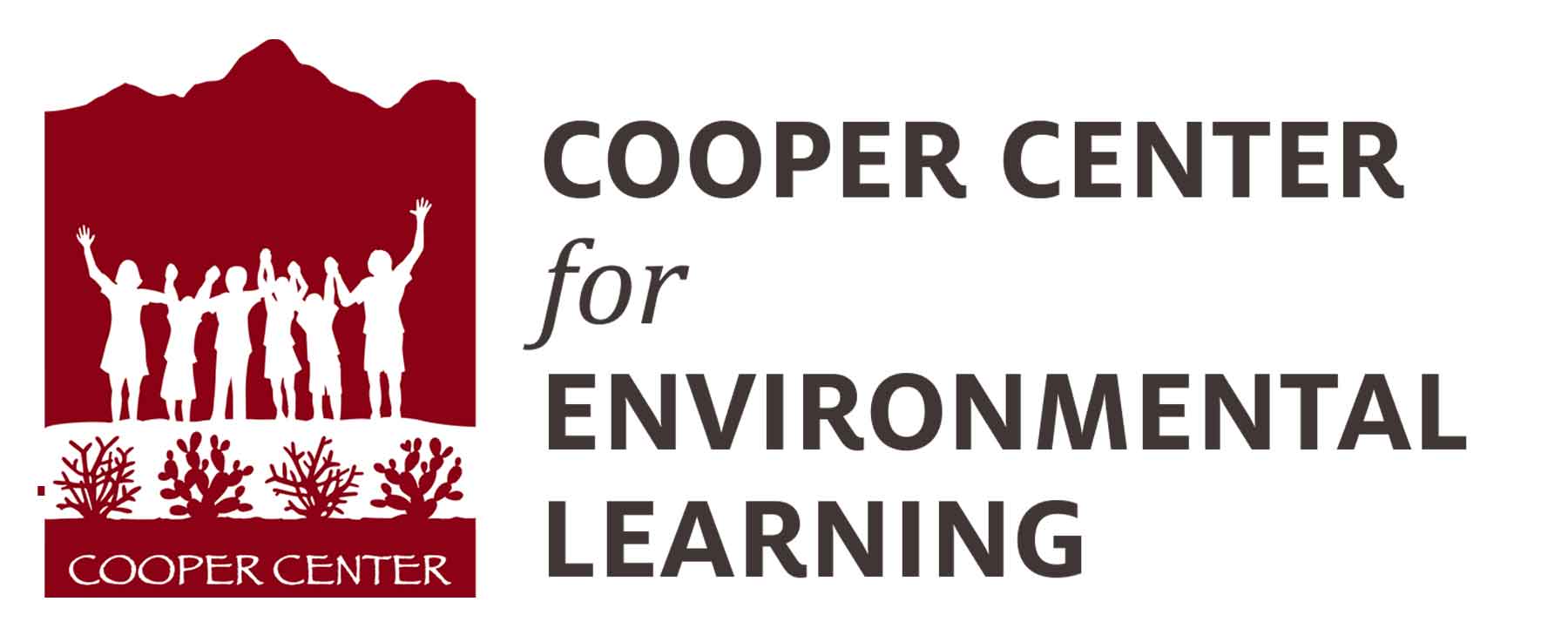Environmental Education in Times of War

I’ve just returned from the World Environmental Education Congress (WEEC) in Prague, Czech Republic, where I had the honor of presenting and serving as a delegate on behalf of the Cooper Center and the University of Arizona. Traveling to Europe during the invasion of Ukraine by Russia was a difficult choice, but in the end, I felt that it was important to not let this violence throw darkness over such an important gathering of researchers and practitioners of Environmental Education (EE) from across the globe.
All that being said, we must recognize that EE cannot take place where war is being waged or where its effects are felt. There are base needs that must be addressed first: health and safety, food, water, and shelter. Humanitarian aid surpasses all, and we must not stand idly by. We must help in whatever ways we can.
War and all its machinations also do immense damage to our planet, and not just on the battlefield. Think of all the natural resources that are depleted in its name; all the pollution of our air, water, and soil that occur before, during, and after. War further exacerbates the environmental problems we face.
I witnessed the effects of war firsthand during my week in Prague. The conference center hosted not only WEEC but also refugees from Ukraine. They received food, shelter, medical attention, and other aid as we met in adjacent rooms and halls. I also visited an environmental center and camp about 90 minutes from the city, and there also refugees have been housed. In fact, many environmental centers in Czech Republic have canceled programs to allow refugees to use their facilities.
Their presence had a profound effect on all of us. While it may be easy to look away or ignore what is happening when we are thousands of miles away in the United States, it is impossible to do so when living examples of war’s toll are right in front of you.
Why am I saying all of this? Because every living thing on this planet is part of the same ecosystem. Our home, the planet Earth, is something we all share and need to take responsibility for, and right now, our home is being critically harmed by our actions, each and every day. This war is no exception. We need peace, and we need collective action to make our home a safer and healthier place, for ourselves, for our neighbors around the world, and for all living things that are connected to us in our planet's web of life.
We also need hope and light in the face of all that keeps us from these ambitious but necessary goals. For me, that hope came on the last day of the conference, where our WEEC delegates gathered with the Youth Environmental Education Congress (YEEC), which was also assembled in Prague. Teens from countries around the world shared what drives and inspires them in the form of performance art, music, video creation, poetry, painting, sculpture, comics, and storytelling. I think that we sometimes forget the impact of art on the emotional part of our brain, and I was deeply moved.
The students ended our gathering with a song – “Hey, ho, take me by the hand. All in solidarity we stand. Fight for climate justice. Fight for climate justice.” One by one, and then in groups, we all stood and took hands. We encircled the large hall and sang, sharing in a profound moment of a common mission and vision for our world.
Participating in events like WEEC and YEEC inspire me to keep fighting the good fight here in Southern Arizona. Our work has never been more important and seeing how what we do locally connects with what’s happening around the world gives me hope.
- Colin Waite, Cooper Center Director

